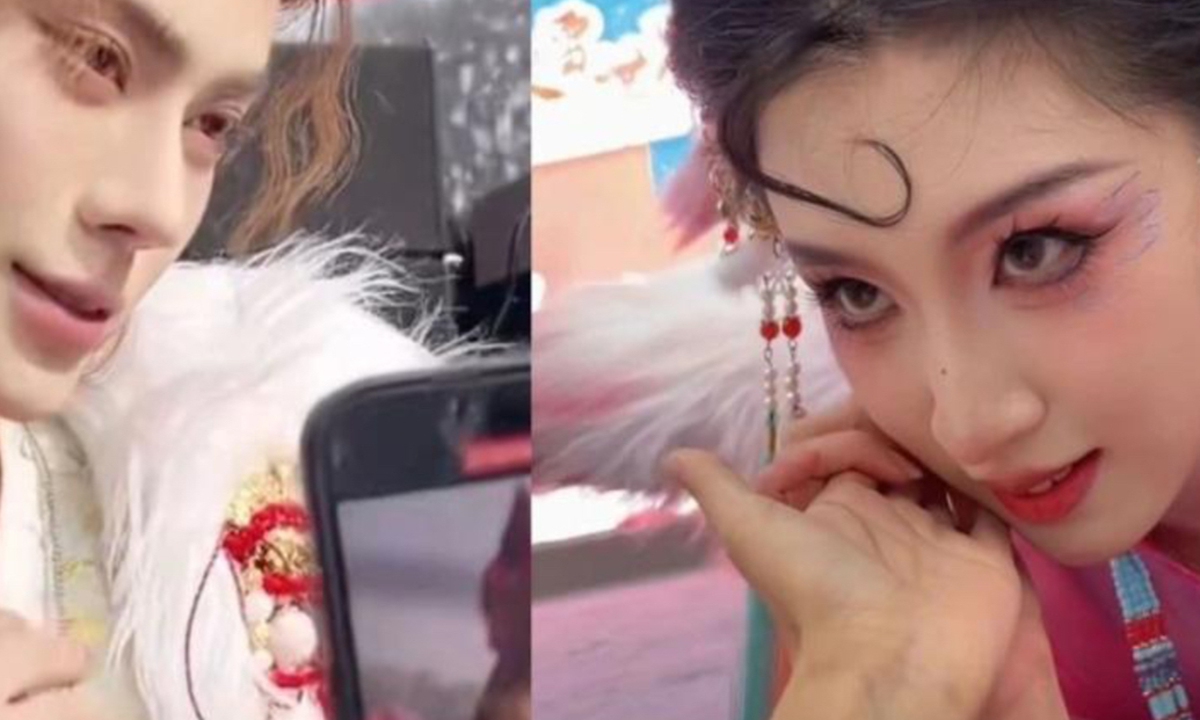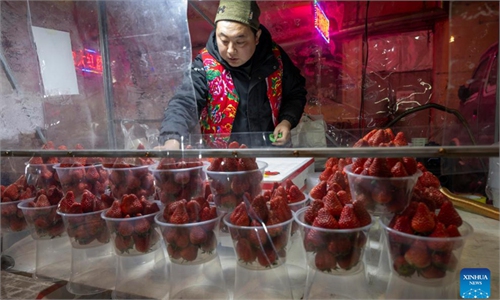ARTS / CULTURE & LEISURE
Boosting ‘inner strength’ leads to sustainable growth of tourism sector

Photo: Screenshot from the website
No matter if it is "celebrity promotion" or "stellar cultural and tourism bureau director campaigns," the current marketing schemes of touristic organs across the country seemingly could not get any fancier as they strive toward their goal to win as many visitors as possible during the upcoming 2024 Spring Festival holiday season.
At China's prolific well-known scenic spots, "cultural tours" have become a major theme. They have cultivated the public's passion for gaining spiritual enjoyment through travel while has also opening up a test bed for provincial-level tourism institutions to compete with each other with their local cultural specialties.
What is good about such "peer rivalry" is that it alerts the industry about the importance of being "niche" while learning new strategies that suit today's "experiential eyeball economy," Song Weiping, a cultural policy researcher, told the Global Times.
However, there have been some missteps along the way. Just what are these "no-nos" in the eyeball economy? Let's take a look at some examples.
The Yuntai Mountain scenic spot in Jiaozuo, Central China's Henan Province, recently sparked netizens' criticisms with a tricky promotional campaign. Two performers, one woman and one man, were hired to play the character "Daji," the consort of King Zhou of China's Shang Dynasty (c.1600BC-1046BC), and interact with visitors.
Videos of the two actors' performances involving intimate body contact and flirtatious behaviors like kissing visitors' hands and caressing their faces were soon posted by netizens on Douyin, the Chinese version of Tiktok. Some netizens called the actors' actions "cringy" and criticized them for overly "eroticizing" traditional Chinese culture.
"I worry about my son or my husband being teased by these actors if they were to visit the site," a netizen posted on Douyin.
The Henan scenic spot's maneuver clearly backfired. However, similar ridiculous attempts can be seen across the country such as an intimidating dance choreographed for visitors in Central China's Hunan Province that involves moves like "driving a corpse."
The idea that "there is no such thing as bad publicity" is the ultimate reason why such schemes are so uniquely odd. Using debatable stunts to lure visitors is an extremely opportunistic move that devalues the profound nature of cultural sites while also harming the sustainable development of cultural tourism.
Who would be willing to give a horribly tasting dish another try just because it looks appealing? A best promotion strategy should not be about gimmicks, but accentuating a site's unique "inner strengths" while also improving services.
Providing an authentic cultural experience is no easy task, but the Yungang Grottoes in Shanxi Province is a great example of a site that values long-term public education more than short-sighted popularity or profit.
To better engage young visitors, the Yungang Grottoes, one of China's hottest tourist destinations, provides free tickets to university, middle school and primary school students in nearby provinces and cities like Hebei Province and Beijing and Tianjin municipalities.
Besides the generous ticketing policy, the site in recent years has increased its public reputation by launching digital programs like virtual tours and selling a wide range of Yungang cultural creative products that catch the attention of young consumers.
In 2023, the site welcomed more than 3 million visitors. Interestingly, a majority of these visitors were young women who learned about the site through social media platforms like Douyin and Sina Weibo.
Did the site achieve this through some radical promotional stunts?
The answer is a resounding "no." Most of its posts on social media platforms were up-to-date touristic information, news about the latest exhibitions, and also photos of the site with detailed captions.



